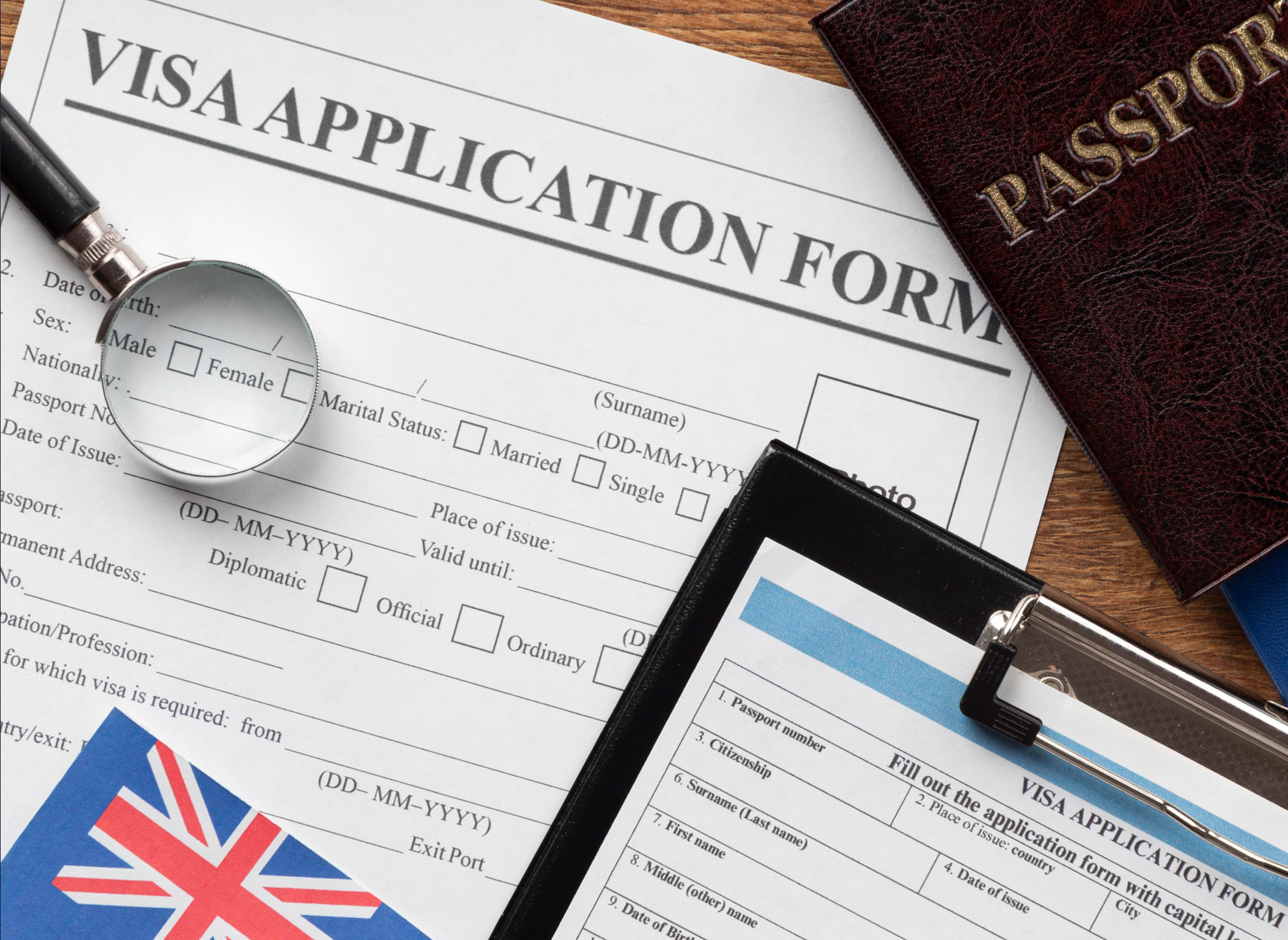
So, following on from my blog last week, the clarification of self employed status continues. This time, couriers carrying emergency blood supplies to hospitals and samples to laboratories have launched a claim challenging their self-employed status. The couriers who work for The Doctors Laboratory (TDL), a company which provide pathology services to the NHS, argue […]
So, following on from my blog last week, the clarification of self employed status continues.
This time, couriers carrying emergency blood supplies to hospitals and samples to laboratories have launched a claim challenging their self-employed status. The couriers who work for The Doctors Laboratory (TDL), a company which provide pathology services to the NHS, argue that they are employees and not independent contractors.
As independent contractors, they don’t get holiday paid or sick pay.
The TDL couriers’ claim for employee status, goes a step further than previous gig-economy cases – against Uber and courier firm City Sprint – which both successfully argued drivers were officially “workers”.
Worker are employed under a contract in which they must always turn up for work even if they don’t want to, are entitled to employment rights including the national living wage, holiday pay and protection against discrimination, and may also miss out on other benefits including sick pay and maternity leave.
Employees have those additional rights guaranteed as well as protection against unfair dismissal, statutory redundancy pay and the right to request flexible working.
A self-employed independent contractor receives no entitlement to employment rights, beyond basic health and safety and anti-discrimination framework.
In light of the Uber case it would be interesting to see whether the Tribunal finds in favour of the couriers and finds that they are employees and not self-employed contractors. In order to do so the Tribunal would have to in my opinion look at:
Disclaimer
The material contained on this website contains general information only and does not constitute legal or other professional advice and should not be relied upon as such. While every care has been taken in the preparation of the information on this site, readers are advised to seek specific advice in relation to any decision or course of action.
 Business Immigration
Business Immigration
 Business Immigration
Business Immigration
 Business Immigration
Business Immigration